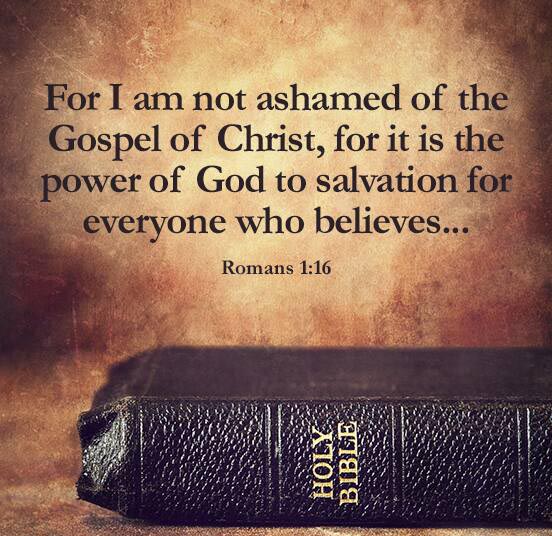
Thus, life and death are dependent upon the presence of the divine breath, as in Job 34:14: “If should take back his spirit to himself, and gather to himself his breath.” God’s ruach sustains the being of the universe and energizes its processes. And all life is derived from one source, which is God. “This breath is the essence of life” (Job 12:10), and without it is death. The creativity of God begins in creation itself: the creative act of God that brings all things into existence and coexistence. The Spirit of God is at work in creation. Ruach can give life to the lifeless and bring renewed life to those who have no hope. Human creativity is intimately bound up in God’s own creativity. Ruach is used to mean “breath of life,” as in Ezekiel 37, when the dry bones in the valley come to life as a result of God’s ruach.Ĭreation emerges out of the energies of God’s own Spirit, bridging the gulf between Creator and creature, actor and act, and master and work. The word used in the text to refer to God’s breath is neshama, which is a synonym of ruach.

In Genesis 2:7, it is after God breathes into Adam that Adam comes alive. In the Old Testament, life-sustaining breath comes directly from the Divine-the creative power of Yahweh who bestowed life upon creation (Job 27:3).

Ruach is the breath of life and the power to live (Ecclesiastes 12:7). Korean-American theologian Grace Ji-Sun Kim explores the Spirit’s creative power in the Old Testament:īreath evokes the sense of the intimacy and presence of the Spirit, who is with us always, even when we are unaware of it. God’s Spirit in the Bible is identified with the Hebrew word ruach, which can also mean breath.


 0 kommentar(er)
0 kommentar(er)
